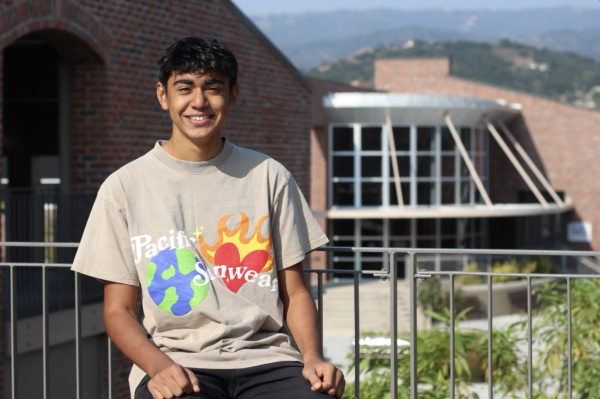The peaks and pitfalls of parental advice
Exploring MVHS student and staff opinions on receiving advice from their parents
March 28, 2023
College freshman and MVHS alum Aryaa Pathak, now attending the University of California San Diego, has been receiving advice from her parents since she could understand how to speak. This advice has been on a wide range of topics ranging from academics to time management in general. She explains, however, that sometimes she feels frustrated or overwhelmed when her parents give her conflicting or inconsistent advice.
“I’ve definitely felt overwhelmed with the advice my parents gave me,” Pathak said. “Sometimes the advice wasn’t even advice, they would just order us. My dad used to say things like, ‘Do well on your next test, or you won’t get into college.’”
School-based therapist Akiko Chung helps students who are stressed by their parents’ advice. She emphasizes that often, these conflicts between students and their parents stem from poor communication.
“I think the first thing to [prioritize is] understanding the other person’s perspective and experience so you can understand where parents are coming from,” Chung said. “It’s really trying to get clarification from the parents if [they] are open to talking about it, so [the student] doesn’t assume what their parents want from them.”
Social studies teacher Robyn Brostowicz is a parent of two children aged seven and nine. Brostowicz states that she has given advice to her children on a wide variety of topics ranging from healthier food choices to conflicts with friends and teachers.
“I try to give [advice to my kids] from my hindsight perspective,” Brostowicz said. “I give them ideas on how to make choices, I don’t like to necessarily tell them what they have to do. I like to give them choices so that they feel empowered and they can take ownership of the decision.”
Part of the reason that Pathak feels overwhelmed by her parents’ advice is she often feels that the advice is unprompted. While Pathak sought her parents’ advice regarding essential topics such as college applications, she found that her parents would often offer advice that she didn’t necessarily ask for regarding smaller issues.
Brostowicz has had different experiences in giving advice to her children, whether they ask for it or not. She feels that due to the young ages of her children, her circumstances regarding the advice she gives to her kids would be different depending on whether the advice is unprompted or not.
“I think because they’re still so young, they might not necessarily understand what asking for advice means per se, so it is a little bit more unprompted,” Brostowicz said. “For example, my daughter is playing softball for the first time this year, and at times, she doesn’t want to go to practice. And so we talk through why it’s important to be a good teammate and to follow through on your obligations that you signed up for, to hopefully instill work ethic and team responsibility and things like that.”
Pathak believes that the advice she receives from her parents is mainly influenced by their cultural backgrounds — it was often dated and tailored to her parents’ own life experiences.

“I believe that the generational and cultural divide between our parents and us would impact what kind of advice we received from them,” Pathak said. “They grew up in a different time and place, so they don’t necessarily understand our current state, our society. While they need to adapt, we, as kids, need to understand that it takes a lot of time to change a perspective that has been drilled into their minds since they were kids.”
Chung has seen this as well, reiterating that one of the factors that might negatively impact a healthy relationship with proper communication is that the student and the parent might have different perspectives on topics. Brostowicz agrees, saying her past experiences play a part in the advice she gives her children.
“I think some of the parents are born and raised in different cultures and some and their childhood experience really affect how they talk to their kids,” Chung said. “When I meet with the parents, I really talk about helping them to understand how they are raised is different versus how the kids are raised in the US. They need to understand the cultural difference in the parenting styles between here and where they came from.”
Pathak believes that although parents can sometimes give unwanted or overwhelming advice, she notes that it comes from a place of good intentions, as she believes parents typically give their children advice due to their unconditional love for them.
“My parents give me good advice in terms of my humanity,” Pathak said. “They always tell me that it’s ok to sometimes prioritize your friend’s feelings over your own but not to an extent where you forget about yourself. That’s something I struggle with a lot so I appreciate it anytime they help me with those types of problems, it actually means a lot to me.”

















